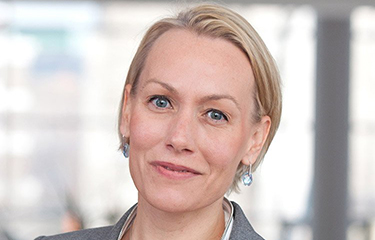Cost barriers keeping RAS out of emerging markets

The high capital expenditure and energy consumption of recirculating aquaculture systems (RAS) is hampering uptake of the fish-farming technology in many emerging markets.
BioMar Group Global Marketing Director Katherine Bryar told SeafoodSource that RAS technology remains expensive venture that also requires advanced knowledge of complex systems for it to be viable. The significant upfront costs and cutting-edge nature of much of the technology makes it a poor choice for most developing markets like those in Africa, she told SeafoodSource.
“[RAS] is very much in the innovation phase, even in some of the most advanced countries such as Norway, Scotland, and the U.S.,” she said.
Bryar said high upfront investment requirements create too large of a debt burden, forcing them to raise prices or hit ambitious production targets. Bryar said RAS systems also require large amounts of energy, which can often make them infeasible in developing countries.
“RAS technology does not only pose an innovation challenge, but it is also a high-cost venture and I’m not sure whether the final product output in the entire production chain can absorb that high capital expenditure cost, as it may take several years for the venture to become profitable,” Bryar said.
The best option for emerging aquaculture markets such as Africa may be ...
Photo courtesy of Fed By Blue



Share